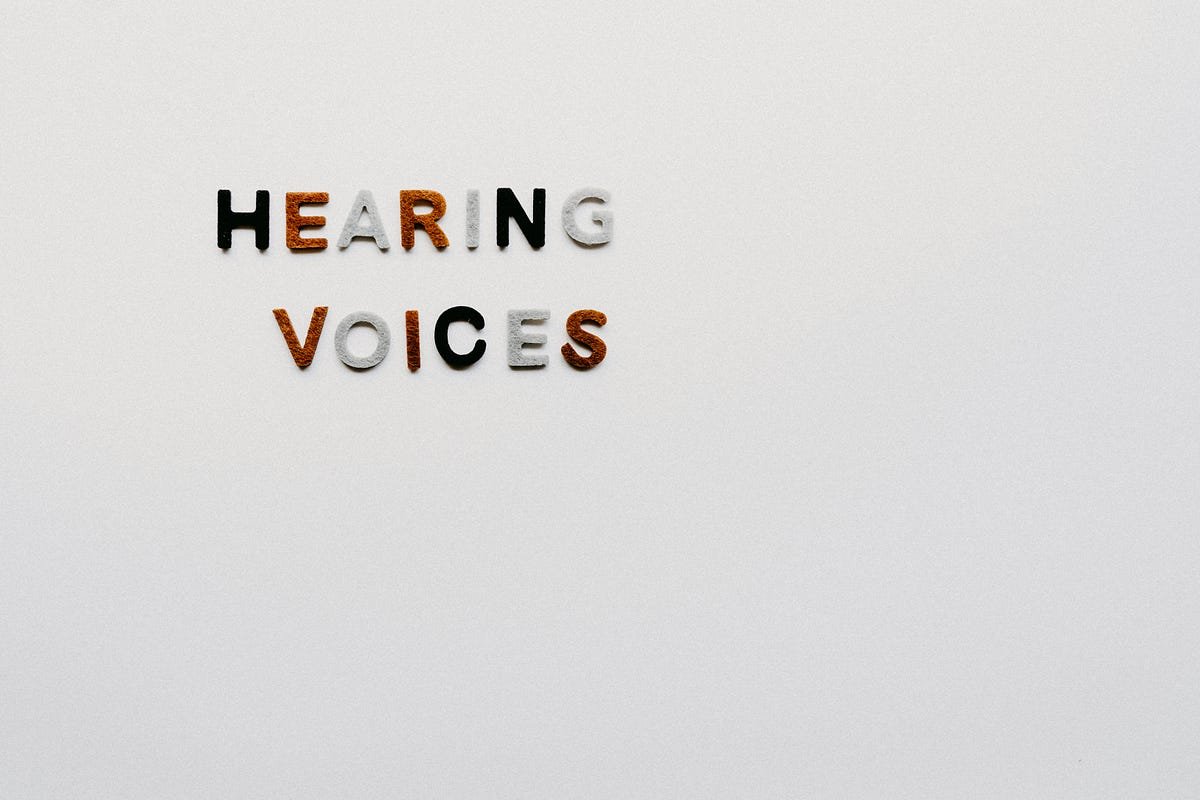My Affinity for the Hearing Voices Movement | by André V. | Aug, 2025

Hearing voices is perceived differently across cultures — even AI has told me that. But I want to share my own experiences.
Looking back, I started hearing voices in my youth. At night in bed, I would wonder what others thought of me. These thoughts didn’t just feel like internal reflections — they came as “voices” in my head, giving feedback. Often, that feedback felt surprisingly accurate. One example was about my first love. I trusted my inner voice, followed my instincts, and a relationship came out of it.
For a long time, I had no issue with these voices. They were part of how I thought, felt, and navigated life.
Later, during a burnout, I was prescribed Ritalin — and I became manic. The voices got louder, more intense. They told me I was “chosen,” that I had a special purpose. This led to psychotic episodes, which I won’t go into detail about here.
But a question stayed with me: Is hearing voices always a sign of illness?
That question brought me to the Hearing Voices Movement, which challenges the idea that voices are automatically pathological. I’ve had voices since childhood — and I still hear them, long after my acute illness.
Today, I see them as part of my inner world.
Many people try to silence their voices with medication. I don’t. I don’t fight them — I listen. But I don’t follow them blindly. I reflect on what they say. Sometimes I engage with them. Sometimes I don’t.
I’ve also learned to make them louder or quieter in my mind. So I do have a certain level of control.
That’s why I resist the idea that hearing voices is inherently an illness. Psychosis involves many layers. Voices can be one aspect — but not necessarily the core problem. The real danger lies in losing your grip on reality. That’s what I always try to keep in check.
This is why I relate to the Hearing Voices Movement. It doesn’t treat voices as something that must be erased — but something that can be understood.
I’ve met many others with similar experiences. Some manage to live with their condition — even without medication — as long as they stay aware of what affects them.
But in the end, it’s a deeply personal path. And each person has to find their own way.


